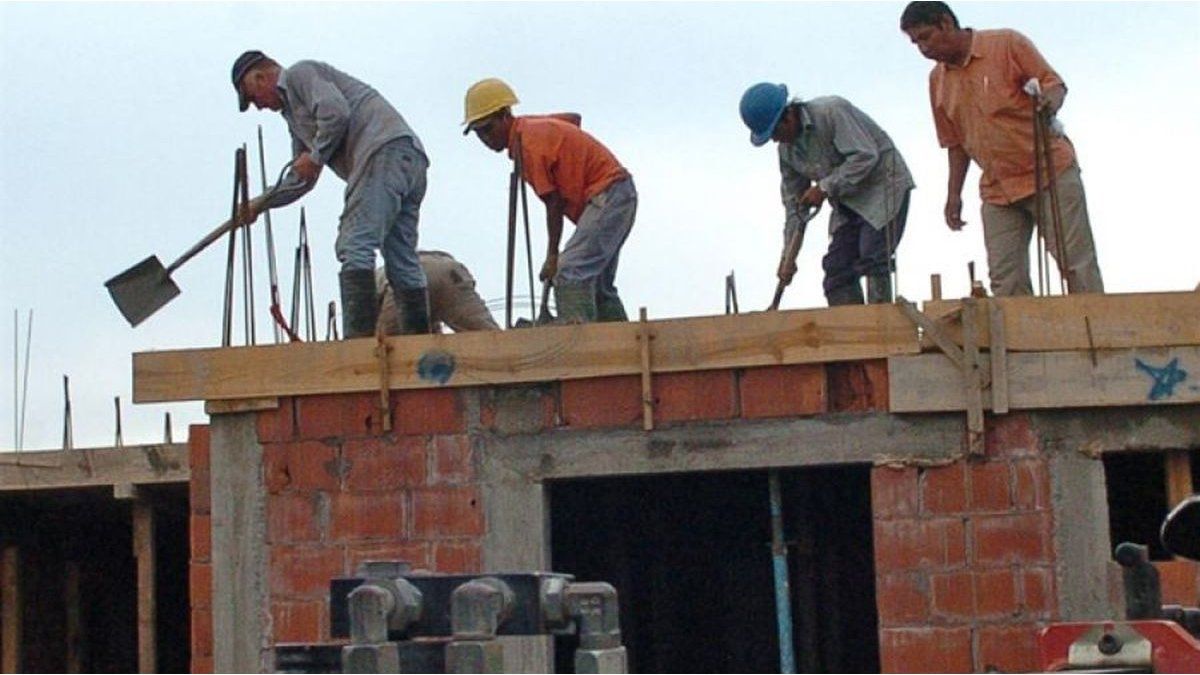David William is a talented author who has made a name for himself in the world of writing. He is a professional author who writes on a wide range of topics, from general interest to opinion news. David is currently working as a writer at 24 hours worlds where he brings his unique perspective and in-depth research to his articles, making them both informative and engaging.
Menu
War refugees: School for war refugees: “We have to help children”
Categories
Most Read
CDU closed meeting: CDU struggles to differentiate itself from the AfD
October 19, 2025
No Comments
Trump mocks protests with AI videos as a king dropping feces
October 19, 2025
No Comments
Fabian from Güstrow: Tense atmosphere at the family service
October 19, 2025
No Comments
Gaza: Israel’s army confirms airstrikes on Rafah
October 19, 2025
No Comments
Demonstrations: “No Kings”: mass protests against Trump in the USA
October 19, 2025
No Comments
Latest Posts

Having a job no longer guarantees getting out of poverty: more than 4.5 million employed people do not cover the basic basket
October 19, 2025
No Comments
The survey carried out by IERAL, of the Mediterranean Foundation, He stressed that poverty “is, in part, a reflection of the functioning of the labor

Students and Gymnastics encourage a new edition of the La Plata classic
October 19, 2025
No Comments
October 19, 2025 – 15:26 Pinchas and triperos face different realities, within the framework of the 13th date of the Clausura Tournament. NA Students and

Currency competition?: after the exit of the stocks, dollarization intensified and deposits exceeded US$34,400
October 19, 2025
No Comments
The seeking refuge in the dollar and the consequent fall in demand for pesos —a cyclical behavior in the Argentine economy that usually intensifies in
24 Hours Worlds is a comprehensive source of instant world current affairs, offering up-to-the-minute coverage of breaking news and events from around the globe. With a team of experienced journalists and experts on hand 24/7.

